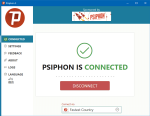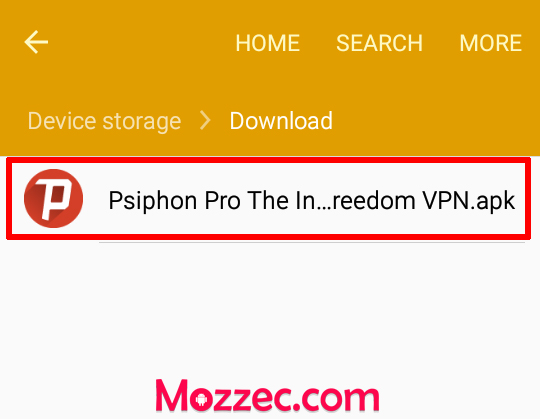
For a person in China to benefit, they must have a trusted friend or family member living in a country where the Internet isn’t censored. Released on December 1, 2006, Psiphon is a program that circumvents blocked websites. It’s based on social networks of trust, people working together.” “Psiphon helps people get around censorship. “We’re trying to restore that original promise of the Internet,” Deibert says. And in addition to his electronic freedom fighting, he’s also an Associate Professor of Political Science at the University of Toronto.

He’s also the director of the Psiphon software project, which helps people in Internet-censored countries access information freely. He’s the co-founder and Principle Investigator for the OpenNet Initiative, a project examining Internet censorship and electronic surveillance around the world. Ron Deibert is the Director of the Citizen Lab, a research and development group focused on liberating the Internet. Hacking Past CensorshipĮnter the new activism of the electronic age: hackers who strive to make the World Wide Web what it ‘should’ be, what it was promised to be since its beginning-free, informative, unbarred and uncensored. Personal blogs are also censored in China. Websites have been shut down, and individuals have been jailed for voicing unpopular or subversive opinions online. And of course, Internet users face consequences for contravening such restrictions.


Just some of the search terms for which results are being blocked. The prevalence of Chinese censorship is commonly referred to as “The Great Firewall of China”. In China, the web is policed and if you are online with a Chinese IP address, rest assured, your online activity is being monitored and the content available to you has been filtered. Cyber cops and net police sound like Orwellian science fiction, but to the typical Chinese citizen, these forces are real. Imagine opening a web browser, with the awareness that a government official was monitoring your every click and download.


 0 kommentar(er)
0 kommentar(er)
